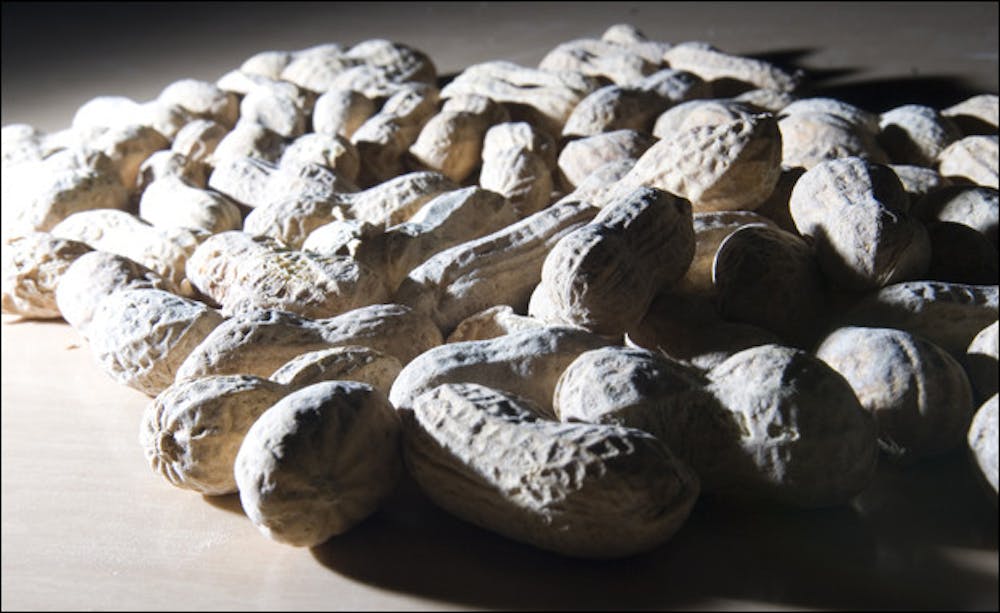As the national peanut-butter recall expands its list of infected items, ASU students are learning to live without their peanut-butter crackers and other foods, while staff members scramble with daily recall updates.
The salmonella bacteria outbreak in peanut-butter products processed since Jan. 1, 2007, started early this year in the Peanut Corporation of America’s Blakely, Ga., processing plant.
“I would say one of the main reasons [for the outbreak] is because of sanitation issues — people not washing their hands is a big one,” said Veronica Oros, manager of food safety and health sanitarian at ASU.
She said the problem could also have arisen because of equipment not being clean and sanitary.
Many brands of peanut butter are not currently affected by the outbreak, and the Food and Drug Administration and the Centers for Disease Control and Prevention are working with Georgia officials on the investigation, according to a press release from the peanut corporation.
But students like English linguistics junior Eric Lewis have still come in contact with
peanut-butter products recently.
Lewis said last month he bought Clif Bars at Costco.
“It was a variety pack and half of [the bars] had peanut butter and half of them didn’t,” Lewis said.
Costco sent Lewis and other people who bought the Clif Bars a letter warning of the recall and granting a refund for the bars, Lewis said.
Lewis said that about two weeks ago he had stomach problems for several days after eating Clif Bars every day.
“I don’t really even know if there was a connection between eating the Clif Bars and getting sick, but I’ve stopped eating them for now just to be safe,” Lewis said.
However, Lewis said he hasn’t stopped eating Clifs Bars entirely.
“I still like the Clif Bars, but I [just] don’t eat the ones with peanut butter in them,” Lewis said.
Still, other precautions need to be taken during the recalls, Oros said.
“What the FDA recommends for consumers is that if they think they have a recall item, they can go to the Web site and call the number [on the food item],” Oros said.
If the number on the product matches a number of products affected by the outbreak, the product should be thrown away immediately, Oros said.
According to the Centers for Disease Control, infants, elderly people and people with weak immune systems are most at risk for severe illness caused by the salmonella outbreak.
ASU follows the recall updates closely and removes food items accordingly, Oros said.
“The Arizona Department of Health Services notifies me, and I make sure all the food services are aware,” Oros said.
Food services include ARAMARK, the bookstore, child-care facilities and sports venues, Oros said.
“We let them know there’s a recall on a particular item, and we direct them to the FDA Web site,” Oros said.
ARAMARK, ASU’s dining-services provider, gave a statement regarding their procedures.
“ARAMARK continues to comply with all advisories issued by the FDA and our suppliers regarding peanut butter and products containing peanut butter/peanut butter paste,” said Jessica Tomac, district marketing manager for ARAMARK Higher Education.
Reach the reporter at reweaver@asu.edu.




